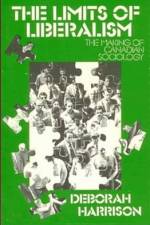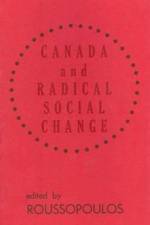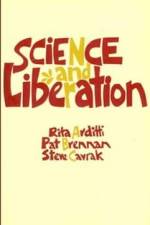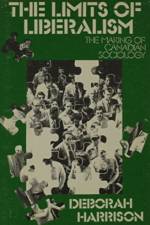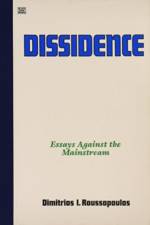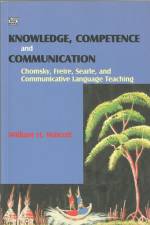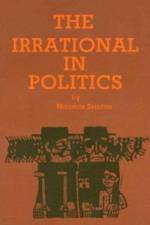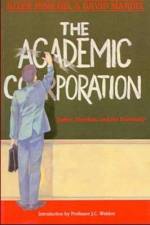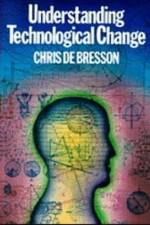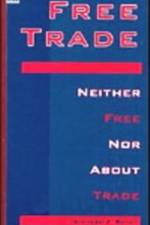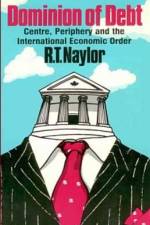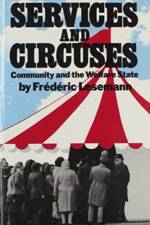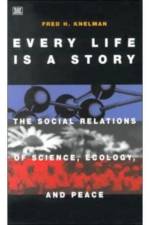185,-
The last half of the 20th century is, unquestionably, the first period in human history during which the agenda absorbing our attention has been dominated by one question - the survival of the human species. This question casts the darkest shadow on all other preoccupations and concerns. Slowly at first, but quite evidently by the 1960s, we became aware that humanity could be exterminated and civilization destroyed if a nuclear war - World War III- occurred. In the last twenty years, another threatto our survival as a species (again, the awareness developed slowly), took hold: the ecological collapse of the planet. Thus, the survival of humanity, a practical task, became for me an all embracing occupation. This task, however, required not only the questioning of the dominant institutions and the society that had put in place a system that was drifting and pushing itself towards nuclear war and ecocide, but also the formulation of how these same institutions and society could be renovated as a requirement to reversing this situation. Thus, difficult theoretical investigations and discussions could not be closed. This intellectual task could not, however, delay an immediate setting off down the road to the survival of the human species. To turn back because of the lack of a theoretical basis would mean compromising humanity's future. Hence, movement became crucial, the movement of people wanting change, in large groups or small. Movement was the condition wherein a dialectic between the practical and a reflection on experience would nourish theory. Since the 1960s, we can only be impressed at the outpouring of people into movement(s). The closest observation, analysis and interacting with this profound historical process was the rationale for the founding of the journal Our Generation Against Nuclear War, later to become Our Generation, and for my role as editor/organiser.



